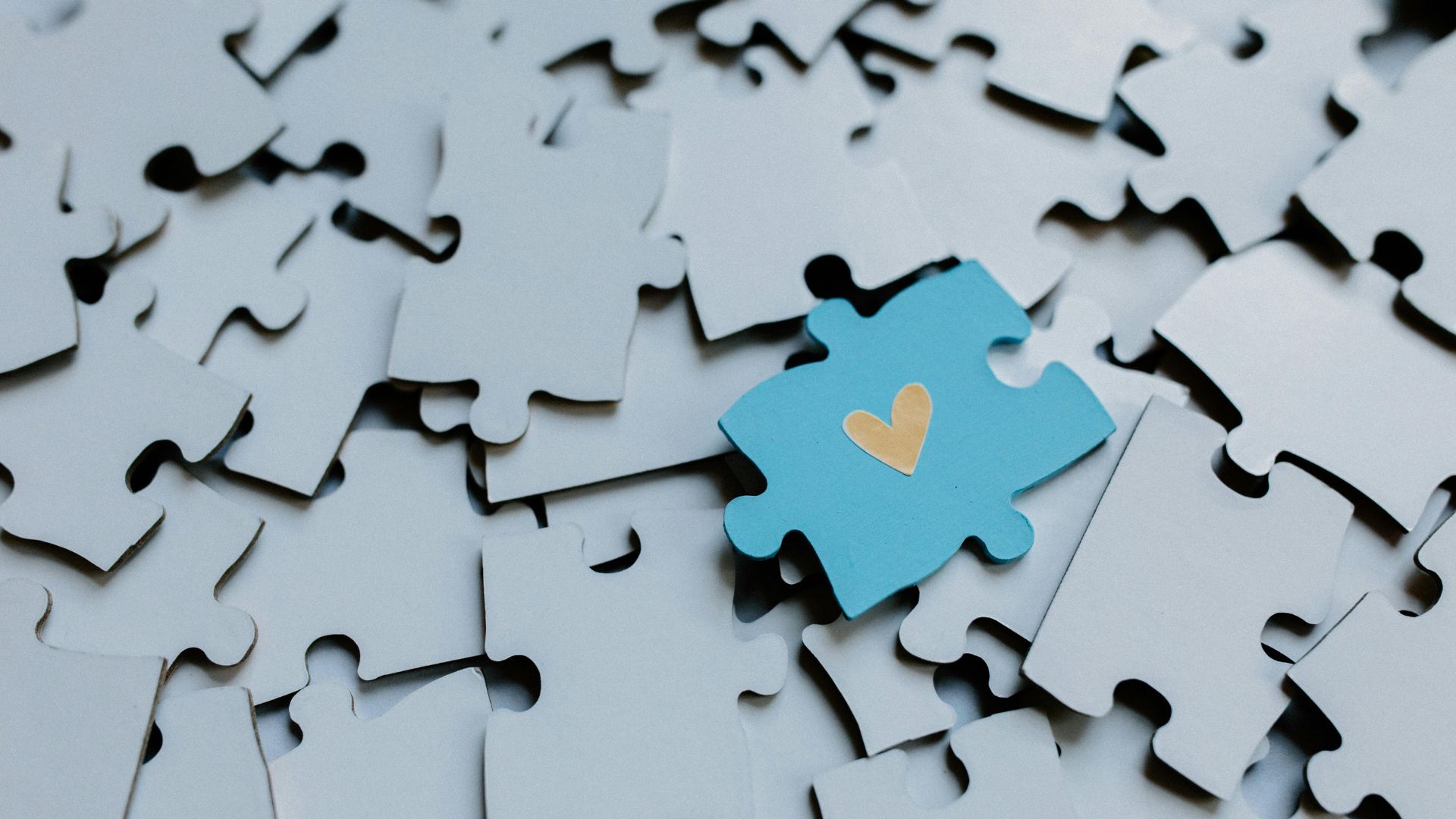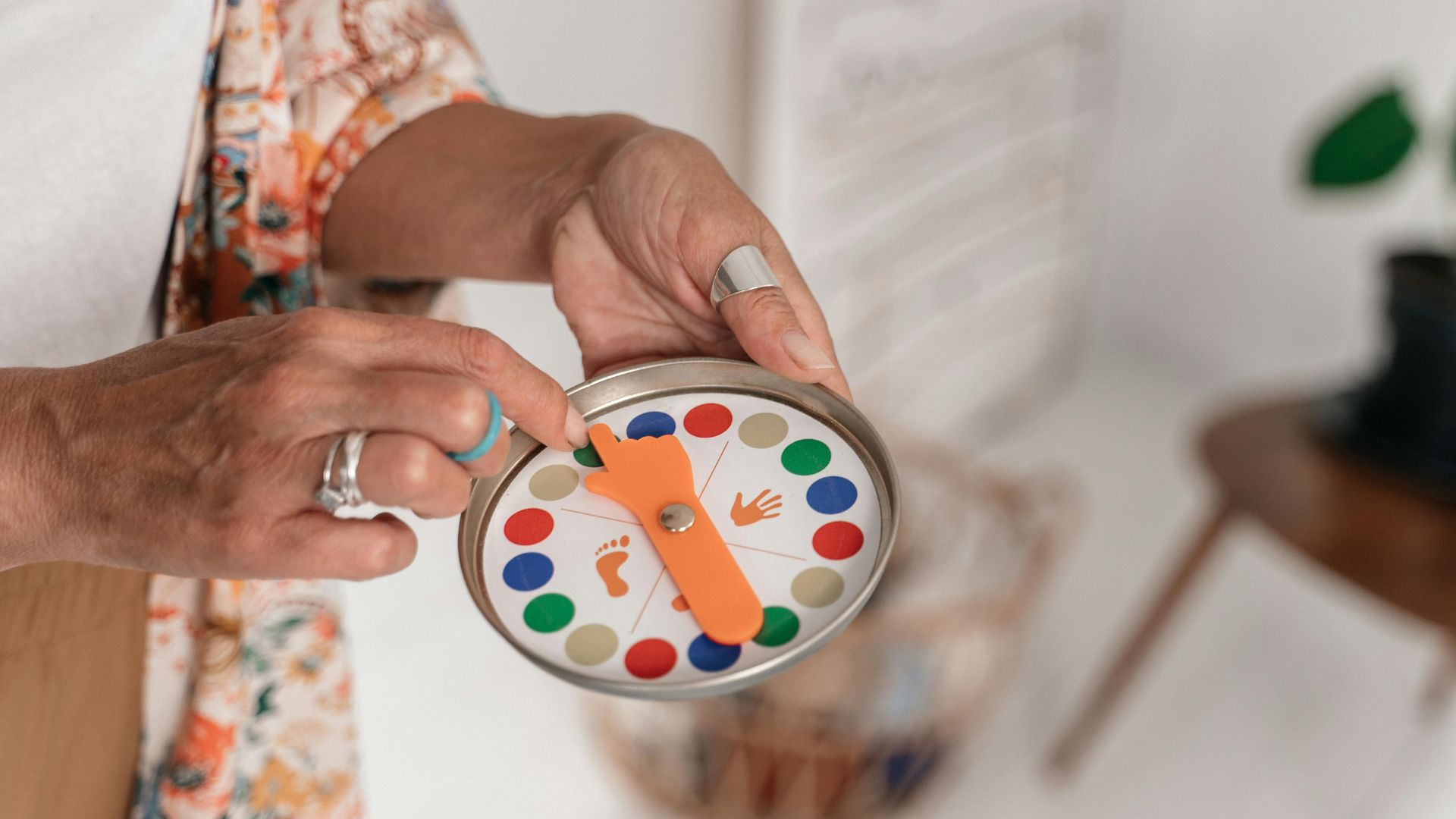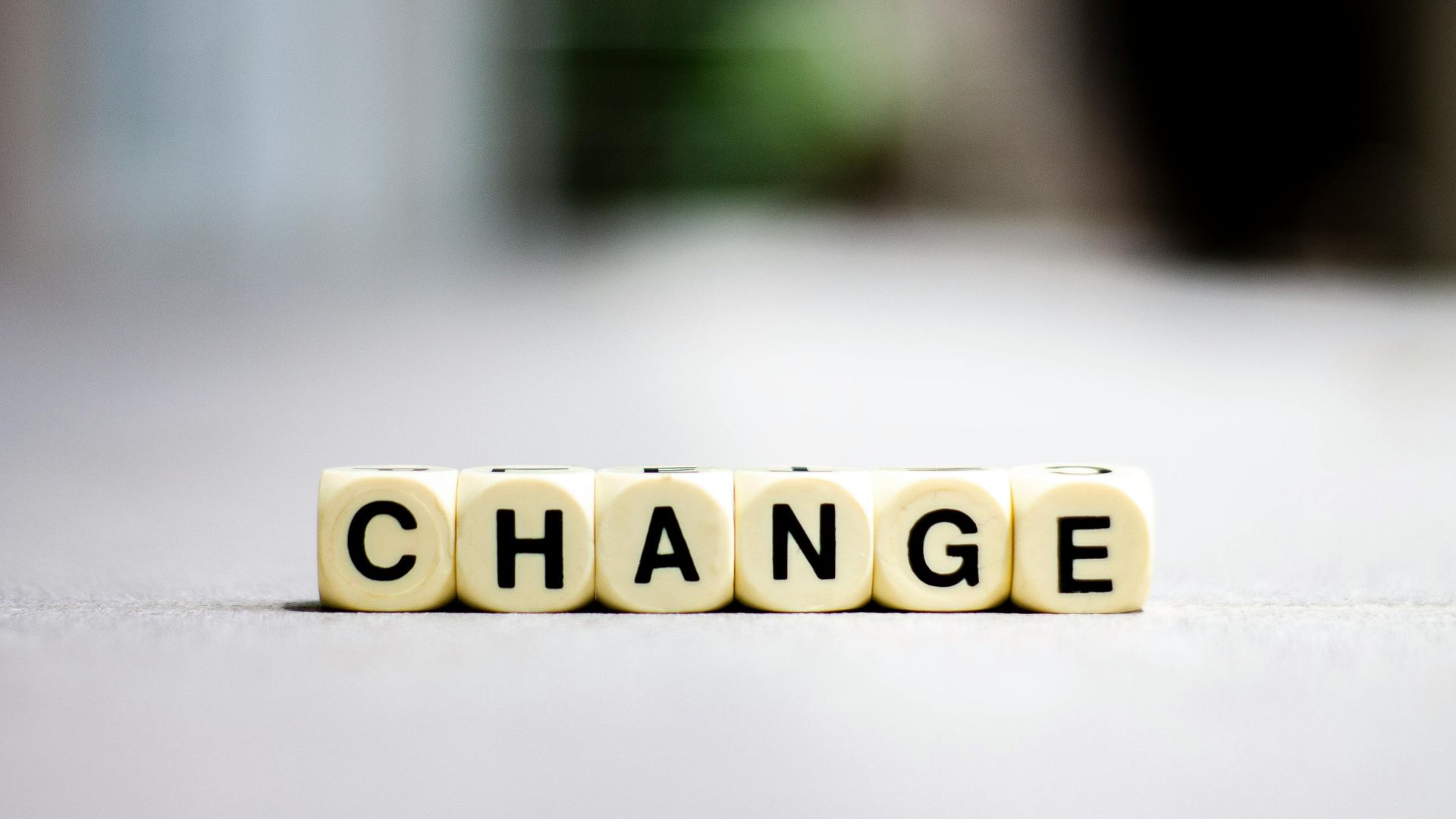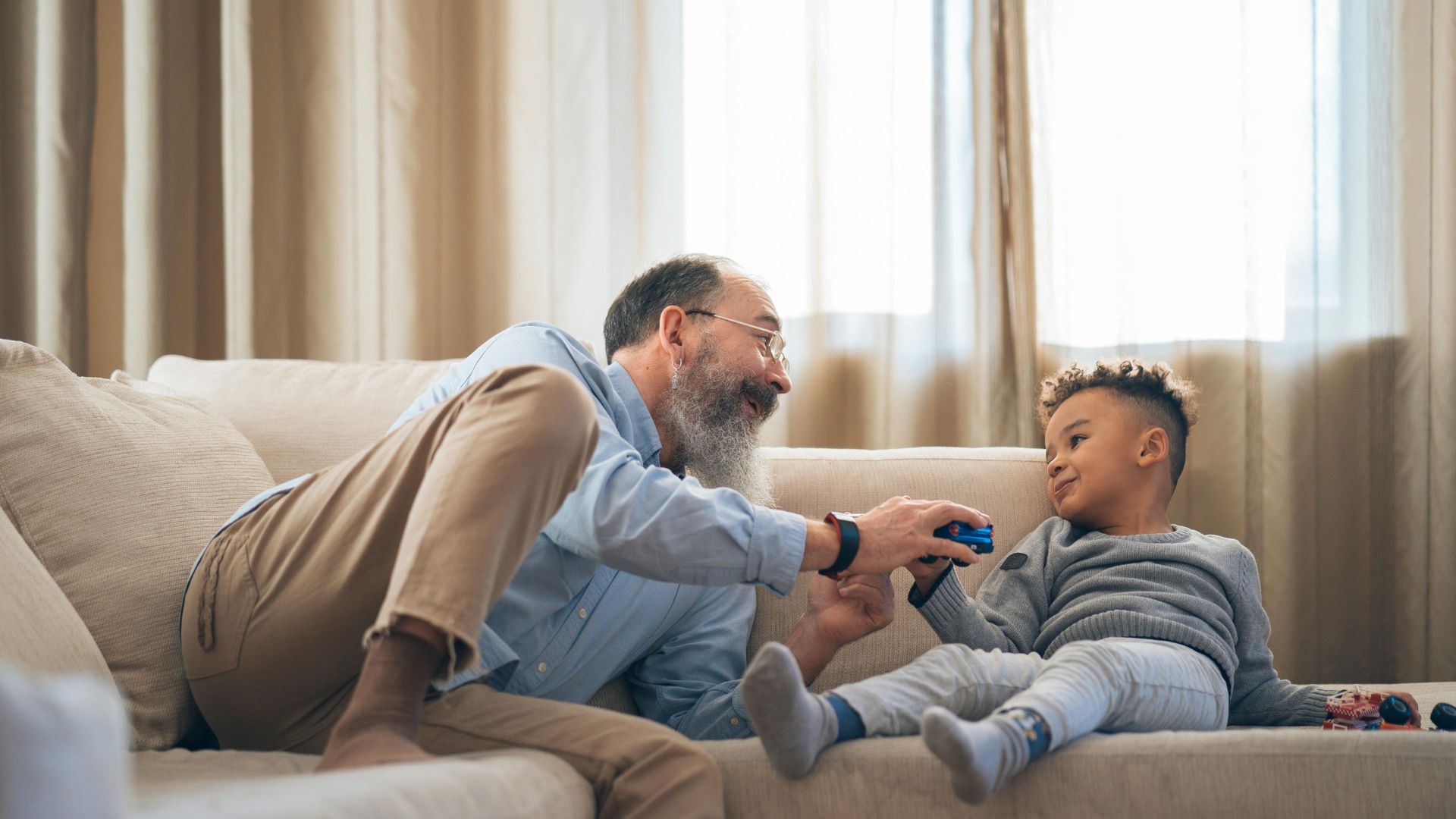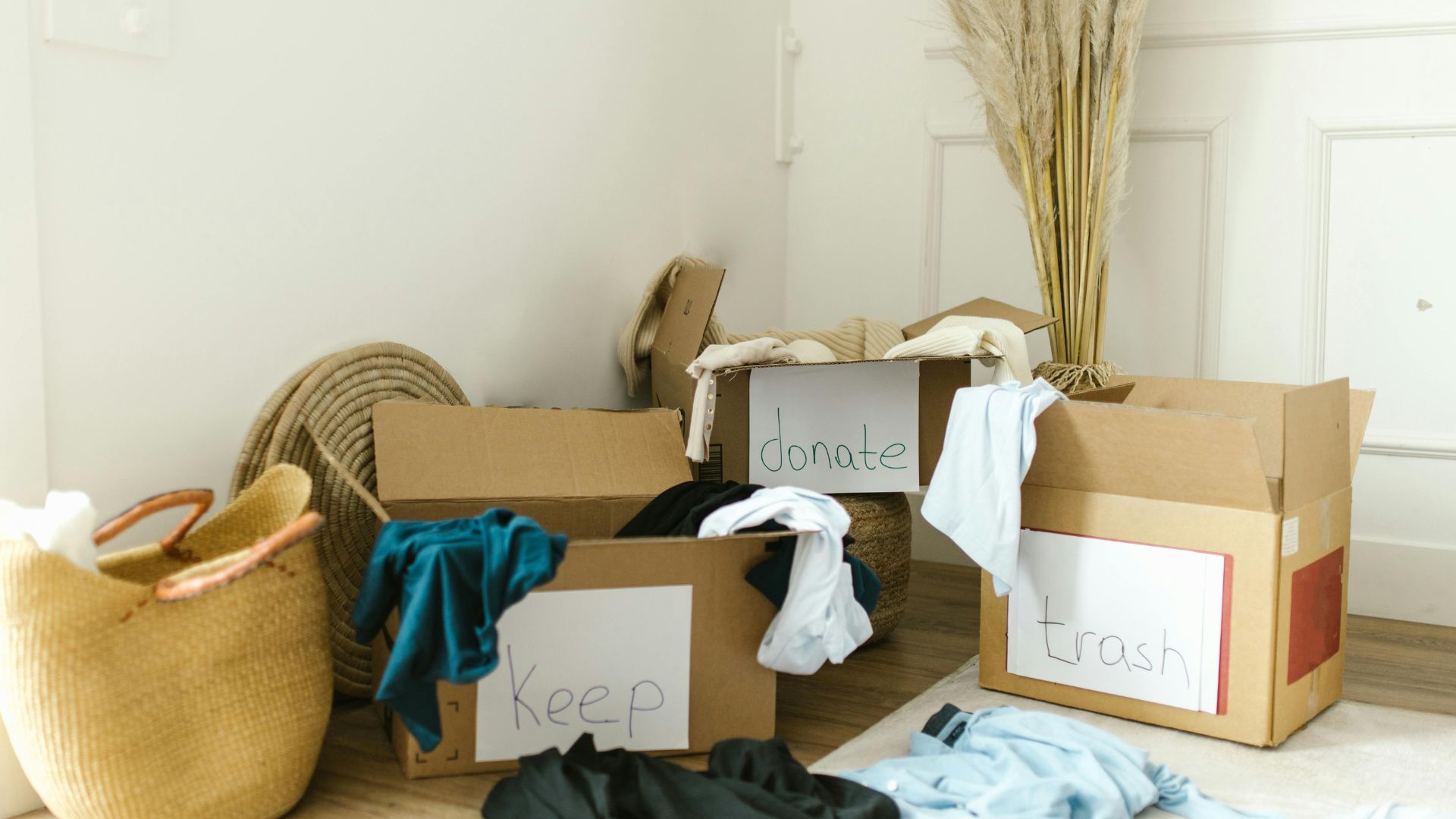Improving Sleep Hygiene
by Tatiana Bicknell, LCSW | December 2024
Have you ever noticed that when you are running on little sleep, you are more irritable and have less patience than usual? How about less focused on your work or tasks? There’s a reason we need about 8 hours of sleep per night (and more for children and teens). We need rest in order to rejuvenate, refresh and have the ability to function the next day. Lack of sleep decreases our ability to focus, learn, react, as well as impact our mood. Depression, anxiety, and emotion dysregulation can result from not getting enough sleep over time. Lack of adequate sleep over time can also impact our bodies ability to fight infection and sickness.
Some reasons why someone can have a hard time falling asleep or staying asleep:
- Sleep disorder (insomnia, narcolepsy, sleep apnea, etc)
- Uncomofortable mattress, pillows
- Having a newborn/baby who is up during the night
- Eating food or drinking caffeine too late
- Mental health
- Electronics
Everyone has different factors that contribute to their lack of sleep. Although there are medications and supplements that are helpful in getting to sleep (melatonin, prescribed sleep aids, medical marijuana), there are ways to try and improve your routine first. Below are some areas that can be changed if they apply to you:
Electronics
It is recommended that electronics and devices (cell phones, TVs, computers, IPADs/tablets) are not used before bedtime. Typically, we would want to stop using devices around 30 minutes to an hour before bed. Melatonin is suppressed from the blue light that these devices give off, making it harder to feel sleepy. If you are someone like me who needs to fall asleep to the TV on, make sure you have a comfort show or movie and not start something new. The interest and anticipation of what will happen next can keep you up. Also, use the sleep button on your TV so it can automatically turn off during the night.
Mental Health
Racing thoughts, stress and anxiety can keep us up at night. Collaborating with a therapist to address mental health and building coping skills can be helpful in decreasing anxiety and stress, thus having a better night sleep.
Two skills that can be helpful at night include:
- Journaling- If you are having racing thoughts, or your thoughts are creating stress and anxiety, journaling or “brain dump” can be helpful in getting all your thoughts on paper and out of your mind. Spend some time at night using old fashioned pen and paper, or typing on a computer to let your thoughts out.
- Mindfulness activity- meditation, coloring, and yoga are popular activities for mindfulness. There are apps and free videos on YouTube of guided meditation, yoga and stretching that can be done to relax your mind and body before bed.
Day Routine
- Food- Having balanced, nutritious meals and snacks is helpful in getting good rest. Having too much sugary, processed foods can disrupt our sleep. Having these foods in moderation can improve your health, including sleep.
- Exercise- Physical activity is important for our mind and body for many reasons. Given that exercise can sharpen our mind and provide energy, it is ideal that it is done earlier in the day or early evening. This way, our body feels ready for rest at night.
- Caffeine- Many of us drink coffee and energy drinks to function through the day and make up for lack of sleep. Limiting caffeine to no later than 3pm can be helpful in giving the body enough time to process the caffeine and not keep you up at night.
- Naps- We have busy days and busy lives, so naps may feel impossible. If you are someone who is able to take a 20-30 min nap, take advantage of it! If your body and mind are tired, use that time to refresh. A nap shouldn’t exceed 30 minutes, as at that point it is actual sleep rather than a nap.
Night Routine
- Dinner- Try to keep dinner between 5-7pm. Our body needs time to process the energy that was given from dinner. Eating dinner or snacks too late can disrupt our sleep or keep us up.
- Electronics- As mentioned above, electronics should not be used 30 minutes to an hour before bed. Instead, use this time for meditation, journaling or relaxation techniques.
- Sleep schedule- Waking up and going to bed around the same time everyday is helpful for your body’s sleep routine. If you aim for sleep at 10pm every night (including the weekends), your body will adjust and will send signals around that time that you are tired!






